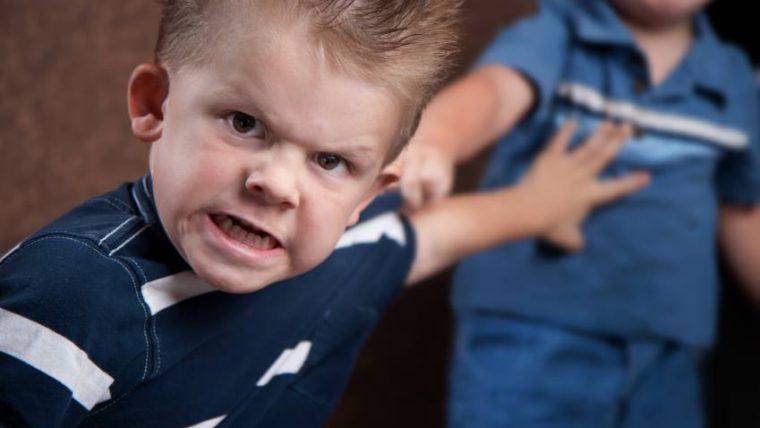
There is more advice than you can keep up with on sharing and how to solve squabbles between kids and especially siblings, but what actually works? What if the answer is stepping back? As long as no one is getting hurt, let an argument play out and see what happens. The video below is a great example of how things can play out naturally between children if we just let them. Sarah, an Early Childhood Specialist, shared this video showing how she empowers children to work out their problems independently. I was fascinated to see the way Sarah seems to interpret for each child, so I asked her more about it. Here is an excerpt from our interview:
Me: This was really interesting to watch. You seemed to be interpreting each child’s actions in words that they both could understand. It was like you were giving each child a bigger perspective on the situation, even helping each child understand his own feelings.
Sarah: I really think one of my jobs is helping them learn how to read body language and non-verbal signals. It also gives me such a kick to hear, from across the yard, something that I’ve said while sportscasting for them. That’s the goal, right? To help give them the language to navigate these social interactions on their own.
Me: For a little while, it kind of looked like Landon had given up, and I was thinking, “Oh no, poor Landon,” but then he surprised me there at the end.
Sarah: It is SO HARD not to inject our sense of Adult Justice into their work and play, isn’t it? When the fear of being FORCED to share or take turns,and the fear of hurting their friend or being hurt, are removed from the equation, children are better able to navigate the choices in front of them. Once Landon knew that I wouldn’t let Larsen hurt him, and that I wouldn’t let him hurt Larsen, and that I wouldn’t take the ropes from him or enforce a time limit on his turn, he was better able to assess “do I want to watch Larson do this?” Instead of needing to protect his stuff and his turn at all costs.
Landon didn’t just give up either. He chose to move back and watch his friend. He even offered suggestions and encouragement to Lars as Lars was trying to get the ropes in place. He waited for him to be done and then chose to join him again. I think he decided that playing with the ropes seemed very important to Lars so he would help his friend by letting him borrow his rope for a while.
Me: Yes, all you really had to do was hold the rope and say,”I won’t let you hurt each other’s bodies.”
Sarah: Honestly, if there hadn’t been younger children right underfoot, I wouldn’t have even have started holding the rope as soon as I did. When one child takes a toy from the tight grip of another child, who has been very clear about not being done, assuming it’s between two children of the same developmental level, as Lars & Landon are, I express empathy for the child who no longer has “his” stuff. I listen to their heartbreak without passing judgment, and, if they want help, I brainstorm ideas with them, perhaps offering a trade, maybe asking for it back, maybe just being sad about it for a while. The only thing that I stop (again, when the parties are the same developmental level) is hurting, hitting, kicking, scratching, pushing, etc… If the 20 month old hadn’t been just underfoot I would have been just as close, maybe even closer and lower, possibly with a soft hand on each boy if they needed it, but but I would have waited to hold the rope for a while.
Me: This seems like a really valuable skill. You called it “sportscasting” earlier. Where did you learn how to do this?
Sarah: I learned it from taking the RIE Foundations course and from reading Janet Lansbury’s blog article on the topic.
Me: The children are really learning an invaluable social skill from you, aren’t they?
Sarah: Thank you. If all I can teach or model for the children in my care is empathy and respect, I count that a 100% success!
Sarah Morrison is an Early Childhood specialist who lives in Northern California. Her passion for providing quality child care for young children led her to study Waldorf Education with Lifeways North America. There she was introduced to the inspired writings of Magda Gerber and RIE, and soon after, she completed the RIE Foundations course. Sarah runs a mixed-age nursery school program from her home in Windsor, CA

Hi there, I enjoyed watching this video and love the gentle and understanding way it is dealt with, I am really struggling with my daughters who fight a lot, and it gets physical very quickly. I’m not sure how to try your approach when there is so much kicking and shouting going on, they can’t hear my words!! If I try to touch one of them , to either stop the foot or hand that’s hitting, or to move them away from each other, it makes it worse, they get angrier and I often get hurt. Any ideas or links to other articles would be amazing. I find it heart breaking to see them treat each other this way.